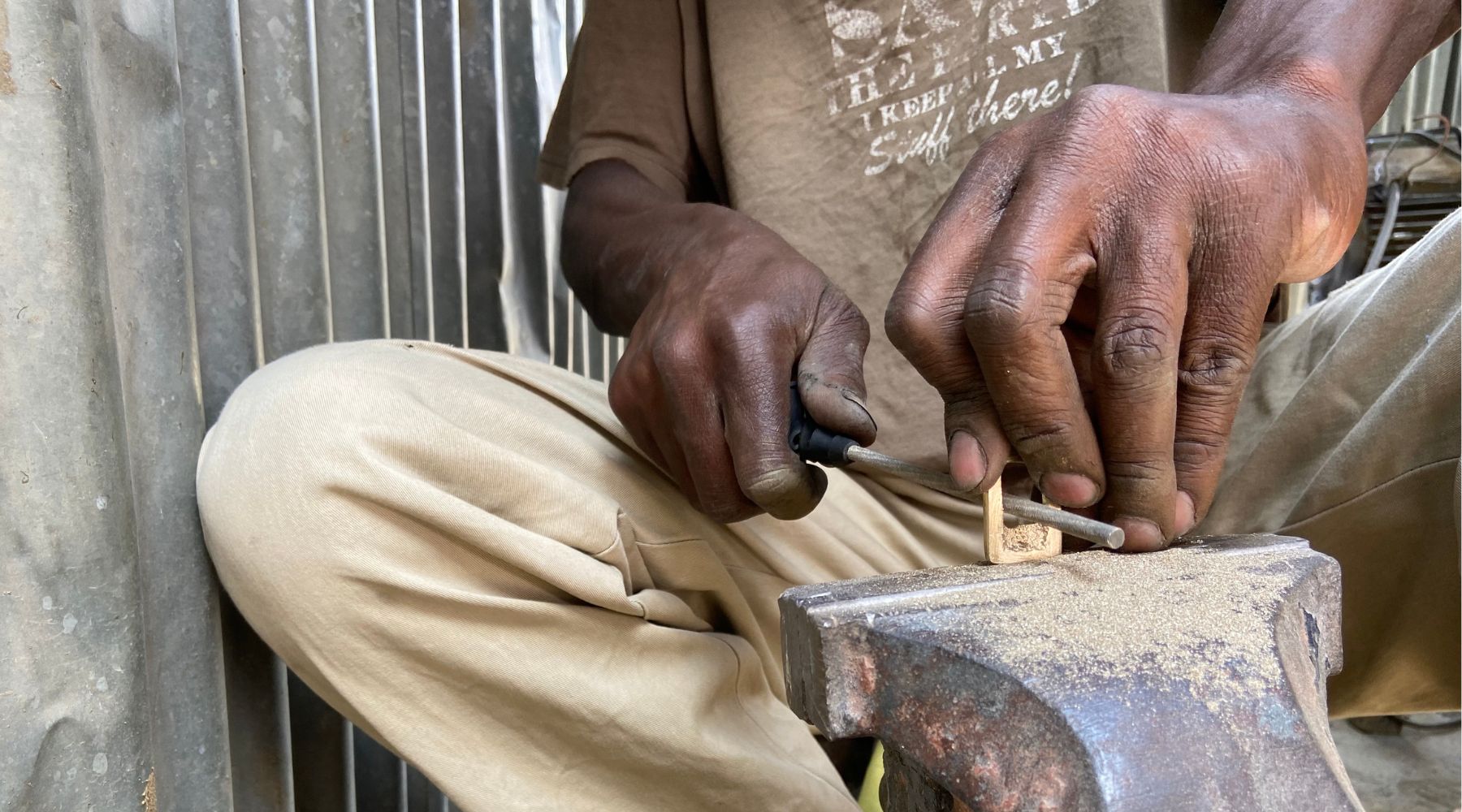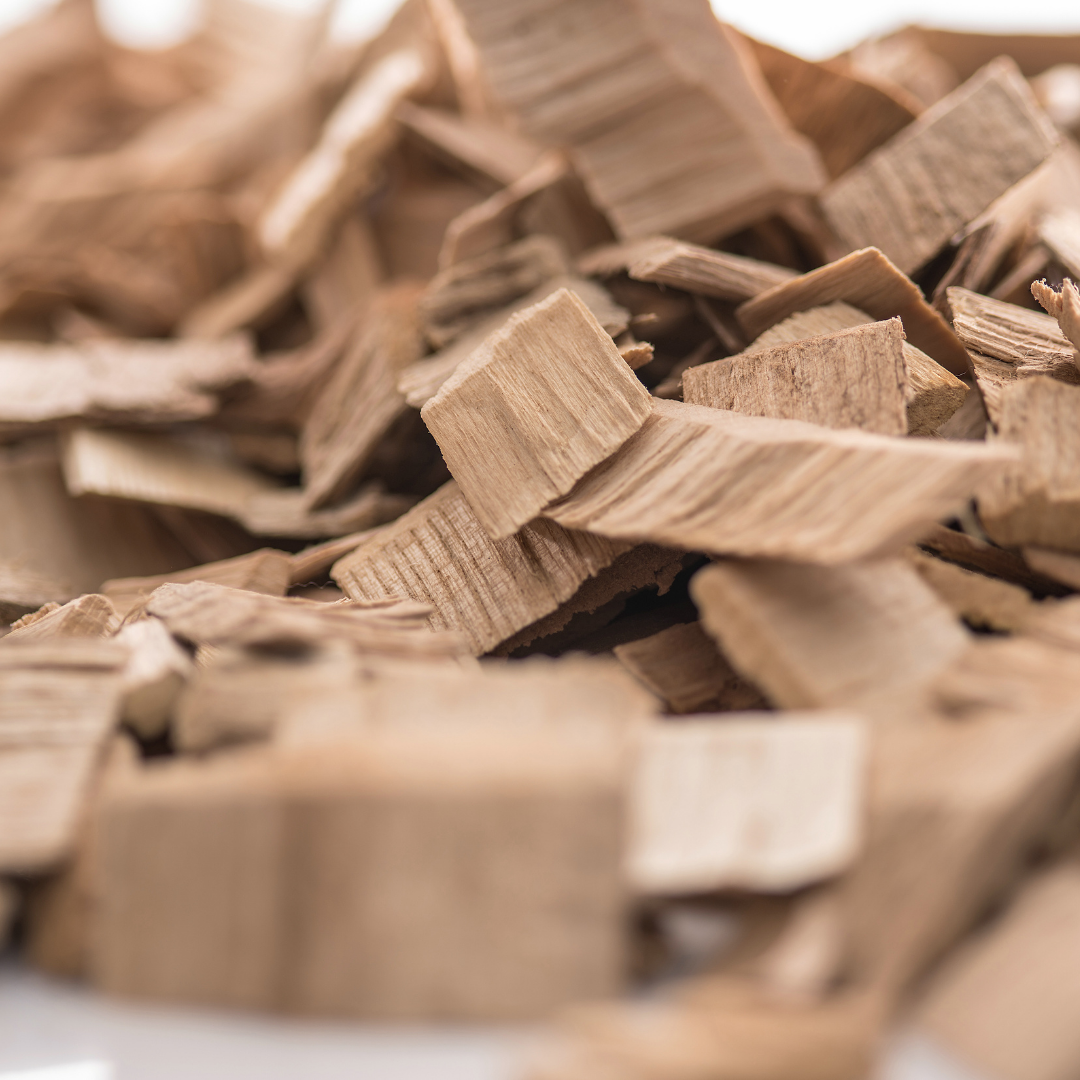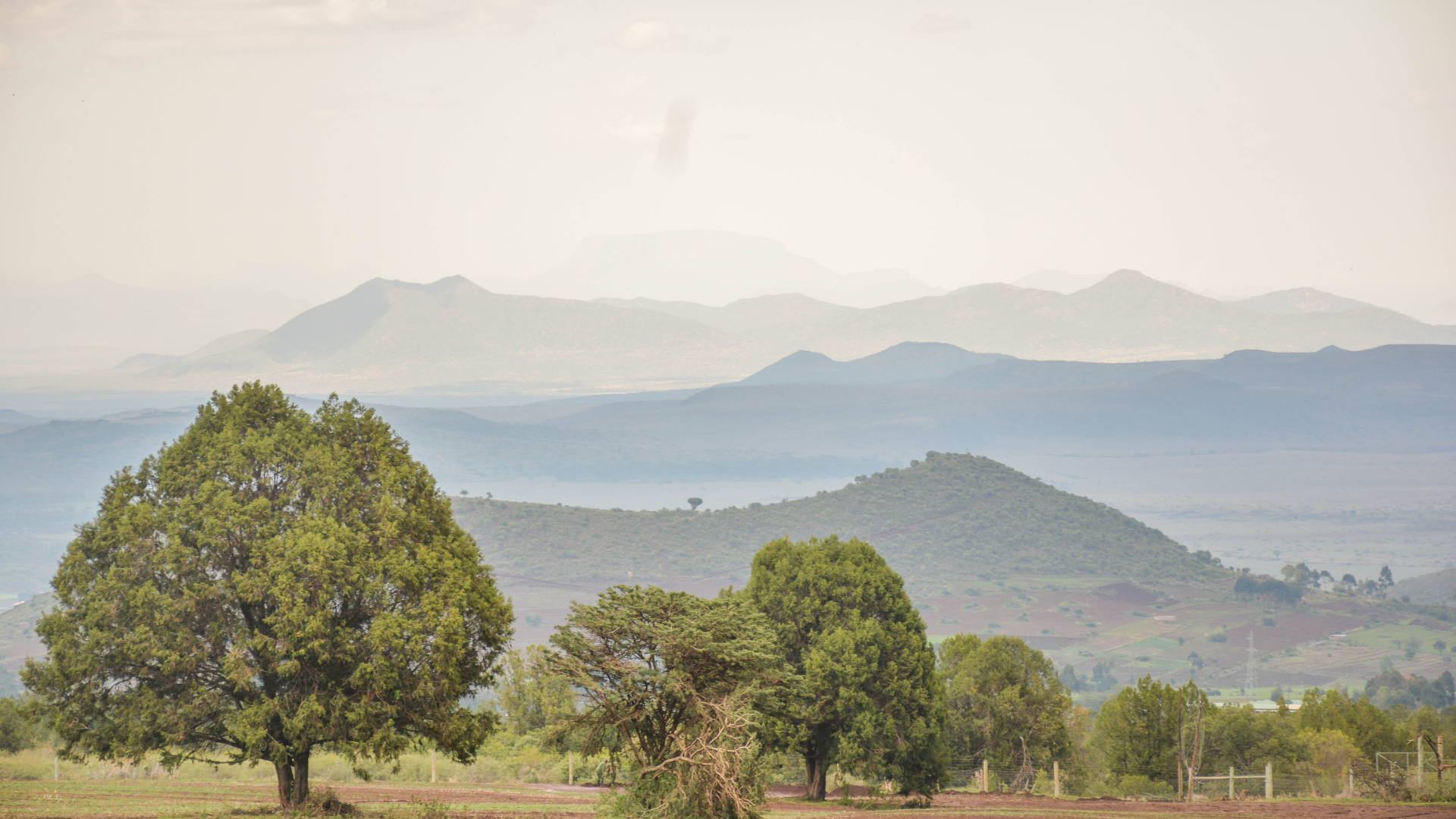OUR MATERIAL CHOICES
We do not use virgin fibers derived from fossil fuels. Any synthetic fabrics and trims we use are either recycled or upcycled.
We do not use shells, coral or any materials harvested from the sea.
73% of our fabric is Ecovero viscose, sourced from certified renewable forests. The other 17% is cotton sourced from traceable supply chains and manufactured responsibly.
We only print digitally, and all piece-dyed fabrics use a low liquor ratio in the dyeing process.
All our buttons are sourced from the tagua nut which fall naturally from Tagua palm trees.
All our sewing threads and zip tapes are recycled.
Our polybags are made from sugar cane (95%), which is a renewable green resource and can also be recycled with conventional plastic.
Our e-mailers are made from 100% recycled plastic, printed using eco inks and are 100% recyclable.
1. Material selection
2. Our approach to product design
3. Circularity










